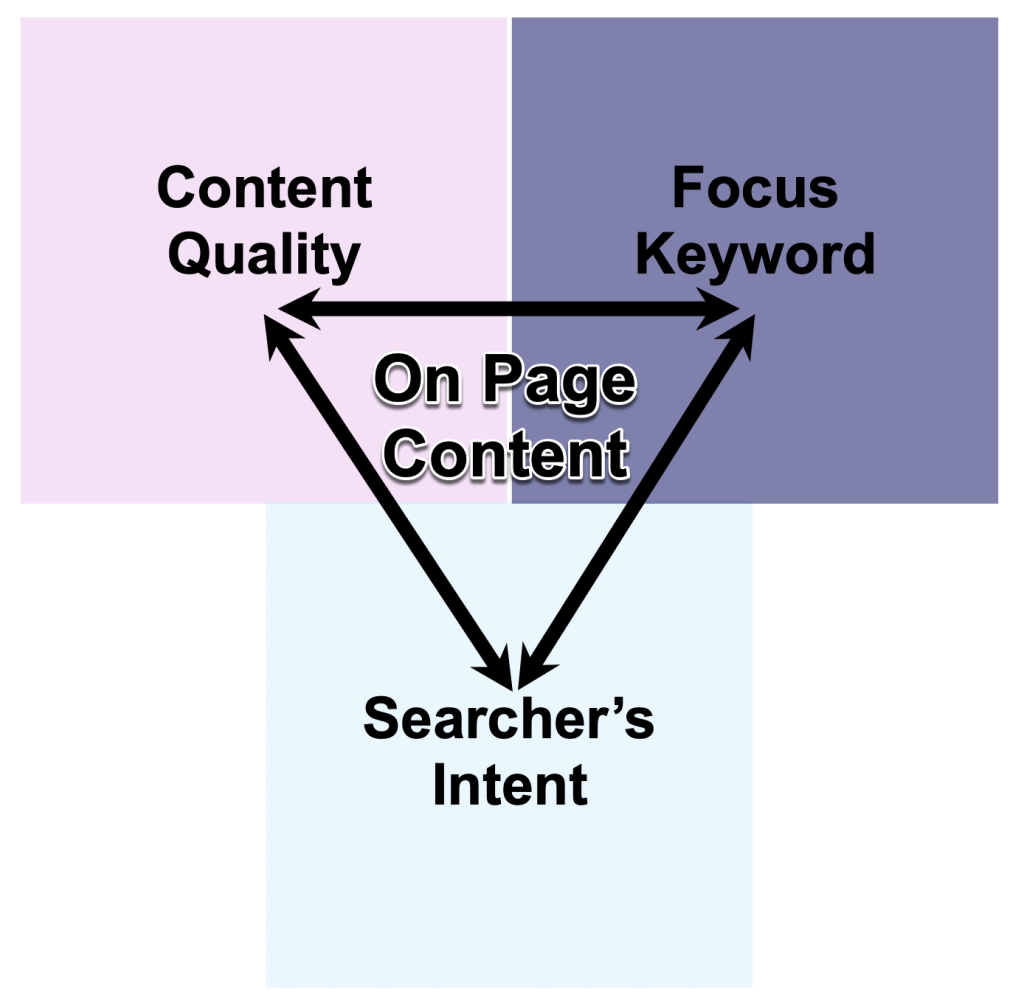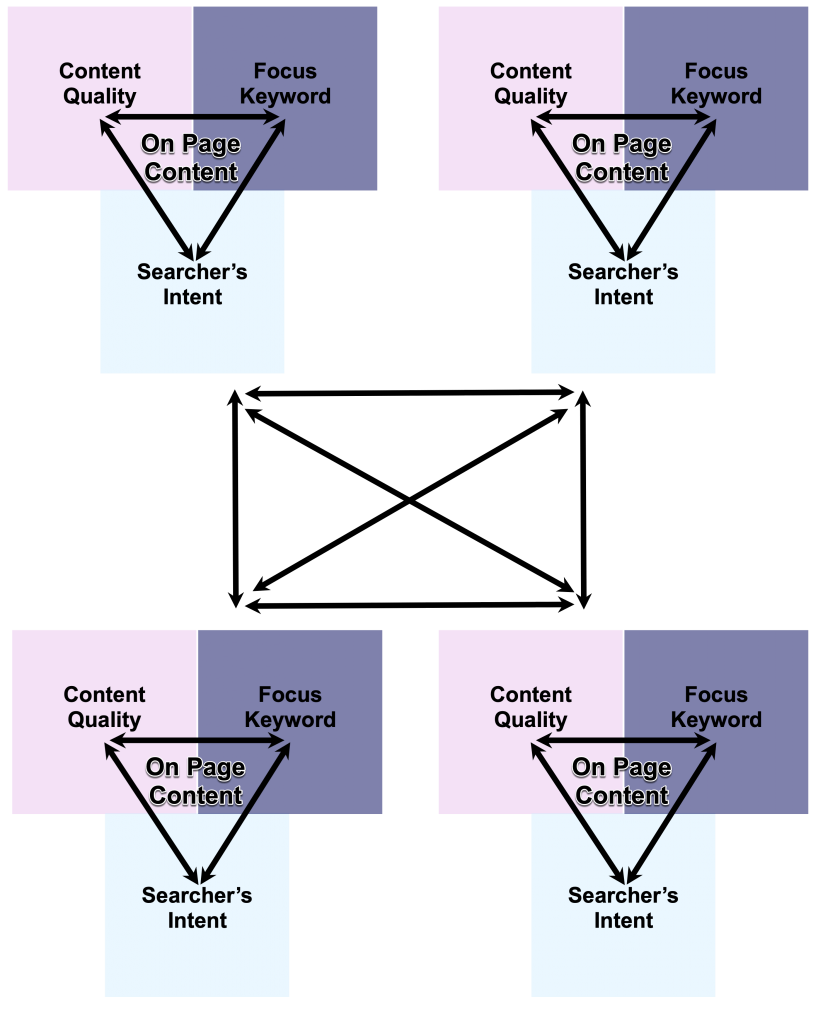Thoughtful planning can have unexpected benefits both when growing bonsai and building a focus keyword plan. But too often it goes wrong, but why?

An illustration of the Atomic Bonsai Tree
On August 6, 1945 Masuru Yakami and his family were preparing for their day when the atomic blast killed over 80,000 Japanese citizens and destroyed 70% of Hiroshima, Japan.
The Yakami family lived only 2 miles from the epicenter of the blast.
Masaru, one of the world’s most respected practitioners of Bon-Sai, had a large nursery of trees he cared for. The prize possession was a 400-year-old mushroom-shaped white-pine planted in 1625. Because they live in shallow pots, bonsai are more fragile than the same trees living in the wild. They must be sheltered from extreme cold, wind, and heat.
11,000° blast destroyed everything with a 1-mile radius around its epicenter.
But because Masaru’s home had a tall thick concrete walls designed to protect the bonsai garden from the elements, the Yakami family was spared with only minor injuries. The bonsai garden was shielded from the superheated air and radiation entirely.
Thoughtful planning saved his family and one of the world’s most exquisite bonsai specimens from the unthinkable.
Thoughtful planning at the keyword strategy stage is rare for most businesses.
Of all the aspects of building an effective SEO strategy, keyword research is the most important. Your focus keyword list is the most revealing and actionable strategic documents to set you and your business up for success.
In competitive markets a well-planned and executed keyword strategy is essential.
So what is a focus keyword?
A focus keyword is the search term you want your URL to rank for when you create your page. Joost de Valk, founder and Chief Product Officer of Yoast coined the phrase “focus keyword“.
Focus Keywords are known by lots of different phrases, “primary keyword” “key phrase” and “target keyword” just to name a few.
Whatever you call them. The most important concept is — When you gather up all the focus keywords (topics) plus the supporting tertiary keywords (topical supporting content) on your domain, it makes up your business’ keyword universe.
The relevance of your topics, quality, and relevance of the content to your niche will predict your success or failure in SEO. Your content is the ingredient (composite data) search engines use to feed their algorithm.
The relationship between the focus keywords, the quality of content on each of your pages, and the topical relevance to the user’s intent builds the foundation of your ability to rank for your topic.

Each page you create builds the authority and relevance of your website’s ecosystem.
Be Intentional: Every Page On Your Website Counts
Each page you decide to put on your website builds the foundation of your SEO strategy. The quality of these elements is 100% within your power to control, which is why I struggle to understand why businesses are bad at SEO.
For most businesses operating without a plan, the accumulation of content keywords is too general, too scattered, and too competitive to rank for the focus keywords they intend to rank for. The resulting lack of organic impact is why so many businesses dismiss SEO. One of the best resources I’ve found to combat this scattered and disorganized approach is the keyword theme strategy.

The relationship between content on your site matters. The higher the quality of content on each page. The tighter the relationship between relevance on each page creates your aggregate “score”.
“I can’t be successful at SEO without a keyword plan?”
You can be extremely successful without a plan. There are lots of businesses that crush SEO, but have never built a thematic keyword strategy.
However, your chances of being successful go way up when you have a focus keyword strategy in place AND (most importantly) you execute against that plan flawlessly. If you have a marketing team focused on growing your SEO channel, a keyword strategy benefits everyone.
The importance of thoughtful keyword planning. The content you produce carves out your target market — people who actually search for the answers contained within the content on your site.
Who would find my site if I wrote a page with the focus keyword: “CPA course online”?
- Lawyers? Probably not, unless they’re making a career switch
- CPAs? Most likely not, unless they’re developing a CPA course
- College students? Getting closer
- People looking to switch careers and become a CPA? What do you think?
If you sell a CPA course online, I guarantee this is a focus keyword you already know about, and most likely have a few articles focused on.
Mistakes People Make With Focus Keywords
Duplicating content focused on the same keyword topic. Your website should only have 1 piece of content focused on a specific keyword topic. That doesn’t mean your site shouldn’t contain the same keyword on multiple pages, however you should create “evolutionary” content. Meaning any additional content you create evolves the readers’ understanding of a specific focus keyword.
You should have lots of connecting content (additional focus keywords and topics) that support your “CPA course online” – the additional content you create carves out your target market niche.
To rank for keywords you must have content containing that keyword
Interestingly there are folks (usually high up in companies) that expect your brand to rank for keywords even though you don’t have content focused on them. I reported to a CEO who made it very publicly known that he thought our website should rank for the keyword term “crowdfunding.” But he was on the fence about approving a comprehensive content strategy.
Without content focused on the keyword crowdfunding we’d never rank for it. I showed him on the entire website there wasn’t a single page with the focus keyword with crowdfunding in the meta title, and only two total mentions of the word crowdfunding. On the entire website!
He approved the content strategy we’d developed, and we created the content focused on the keyword “crowdfunding” and we increased our ranking and traffic almost overnight.
Build a Keyword Theme Strategy
Organize your focus keywords without getting confused.
I’ve found it most beneficial to organize content strategy by keyword themes. The common keyword i.e. “CPA” connects each theme. Here are the keyword research tools we use.
In our hypothetical “CPA” keyword theme we have focus keywords that all contain the keyword “CPA” in them. These naturally organize into neat sub-groups of keywords:
| CPA Keyword Sub-group |
|---|
| best cpa review course |
| cpa review course |
| cpa review course comparison |
| online cpa review course |
| which cpa review course is the best |
Each keyword theme is composed of about 8-12 sub-groups (or keyword clusters) like the one above.
This gives us a good idea of how people are searching for a specific keyword, what the intent behind their search is and an idea of how to create content that meets their needs by answering these questions.
Is all of this really necessary?
Absolutely not. You don’t have to do any of this work. And it is work.
Your content team can just start writing content and see what happens. In my experience the high cost of great content creation and the significant time cost of getting this wrong, having a thoughtful focus keyword strategy in place makes me sleep better at night and has 100’s of additional marketing and revenue benefits (we’ll talk about these later).
Understanding the importance of focus keywords is essential
- Focus keywords identify the topic of the content we’re creating
- The quality of your keyword strategy is 100% under your control
- Having a keyword plan helps avoid confusion on your team and when explaining your strategy to executives
- You should only have a single focus keyword targeted on a topic
- If you want to rank for a keyword you will have to have content focused on that keyword topic
Focus keywords are the lifeblood of your organic strategy
Develop and prune your strategy to carve out a strategic advantage and protect your brand and business against your competitors. It takes understanding, discipline, and time to build a focus keyword plan. This is why most of your competition is not doing it. You do it because you care about your craft, and want to protect your assets.
So how do you get started?
Start with your competitors. Knowing the keywords they are focused on is a great start to understanding where you can be successful. As you dig into what content is successful for your competitors, or what isn’t working for them you can begin to truly create a strong strategy that can stand up against the heat, cold, and wind. Read more about competitive keyword research.
And if disaster strikes, thorough and thoughtful planning can save your business.
